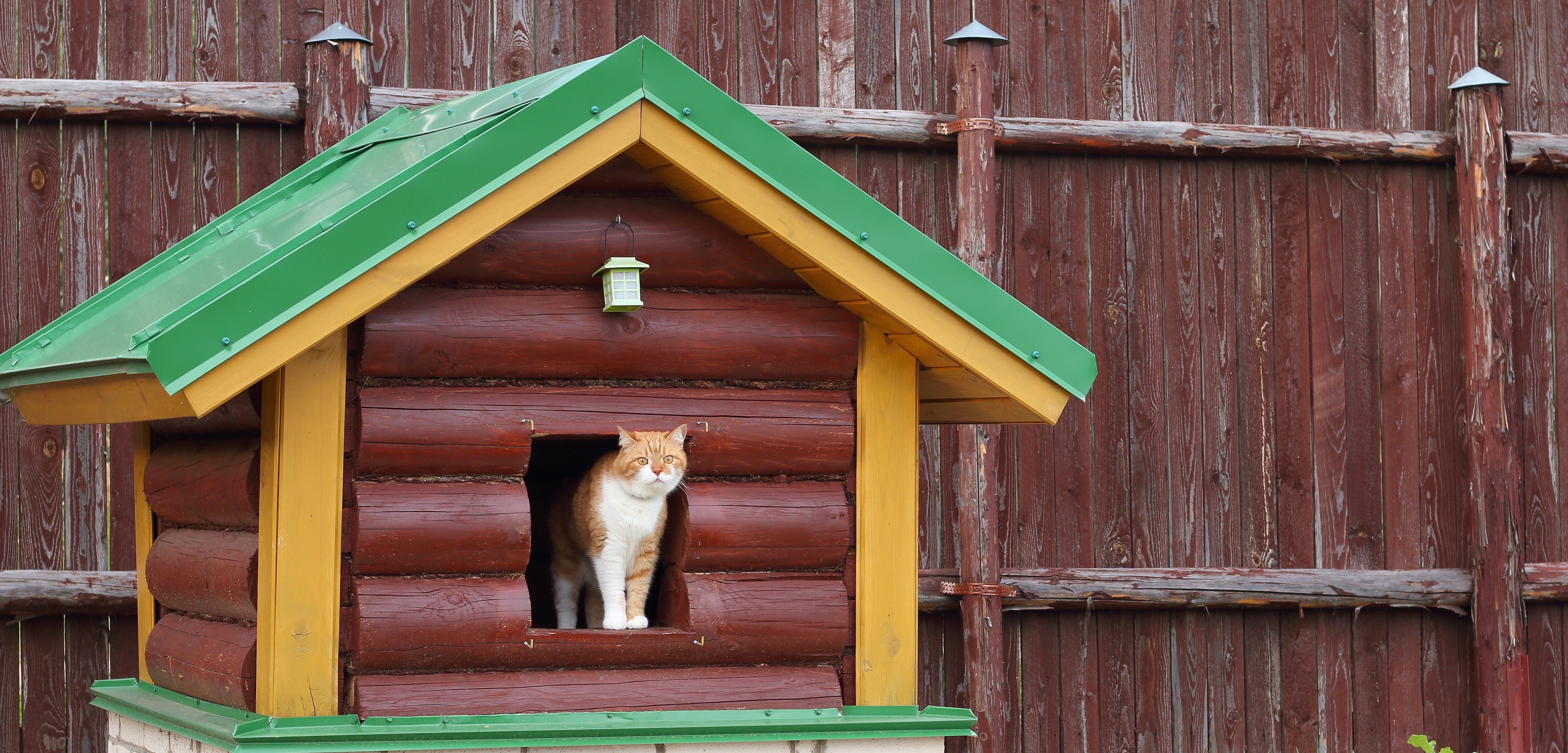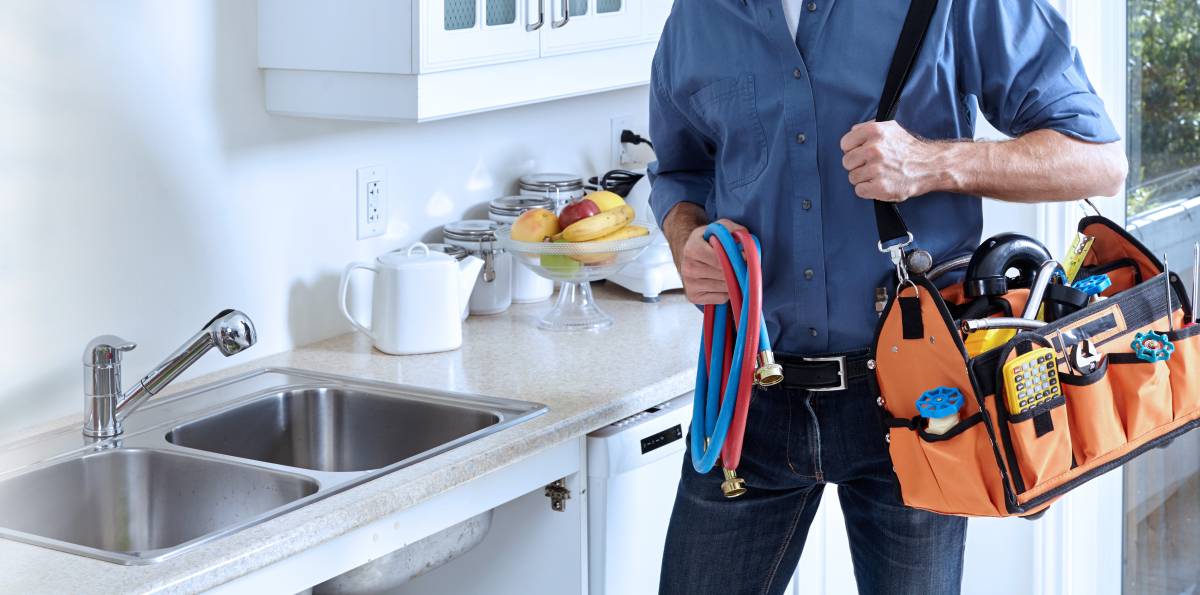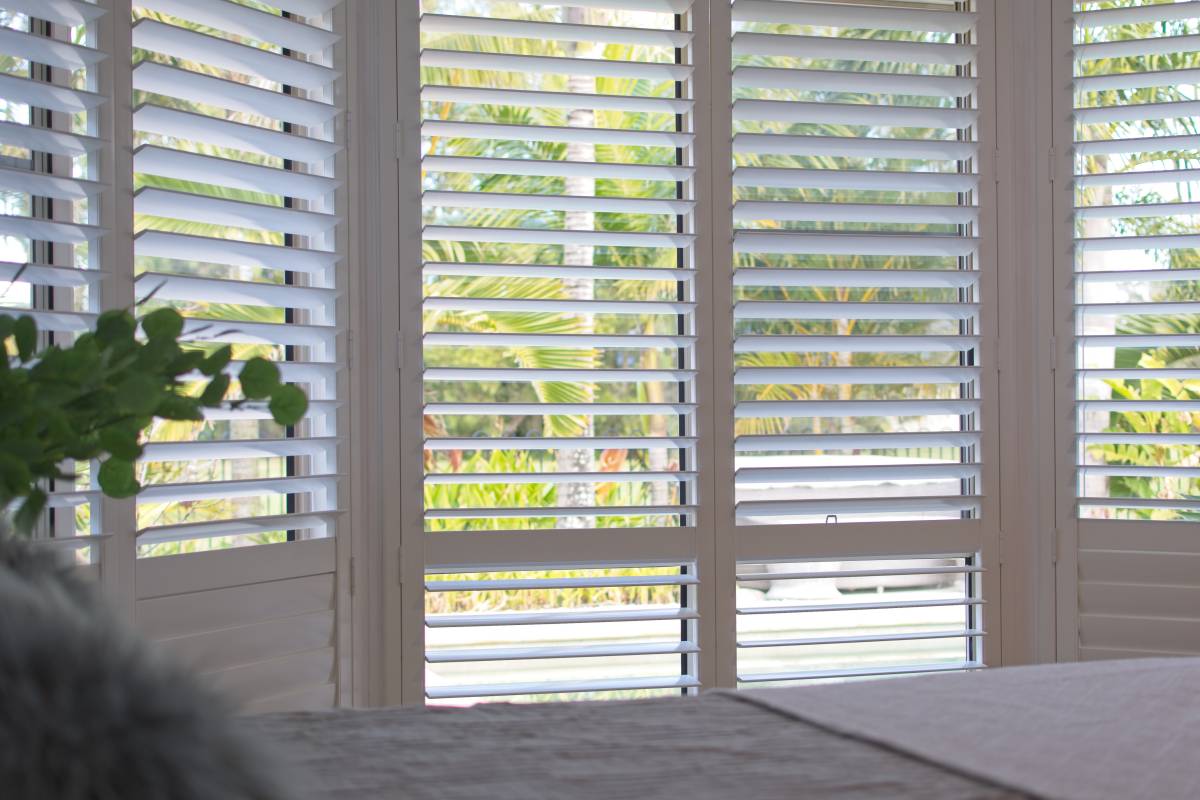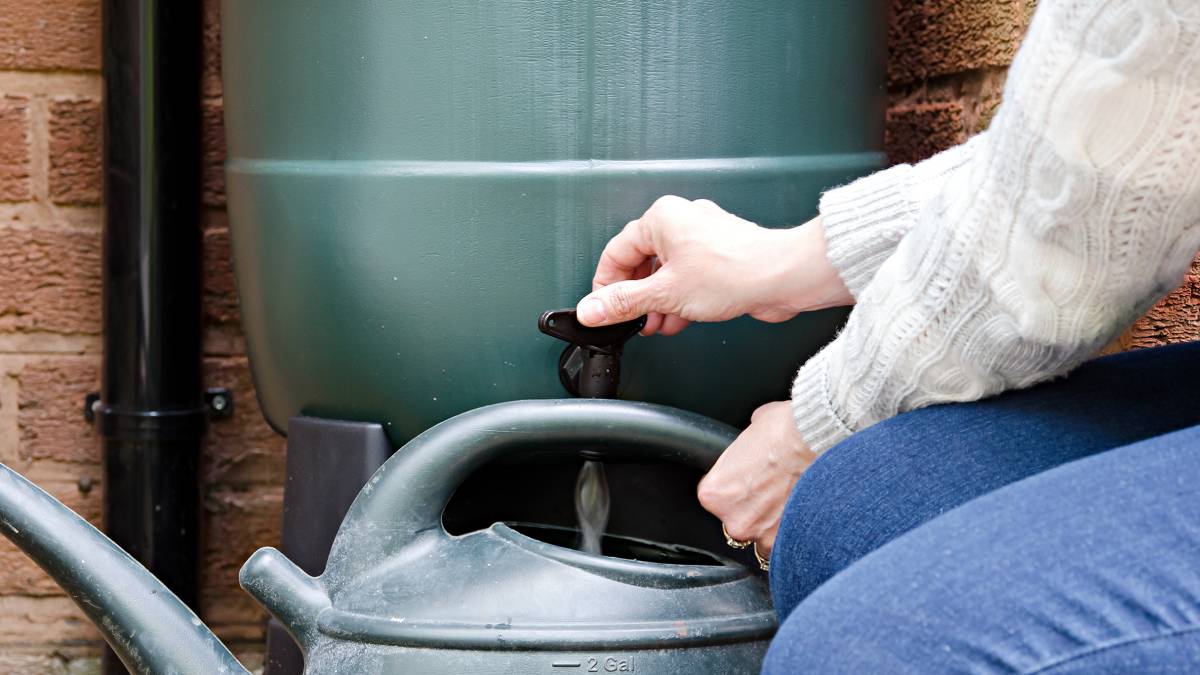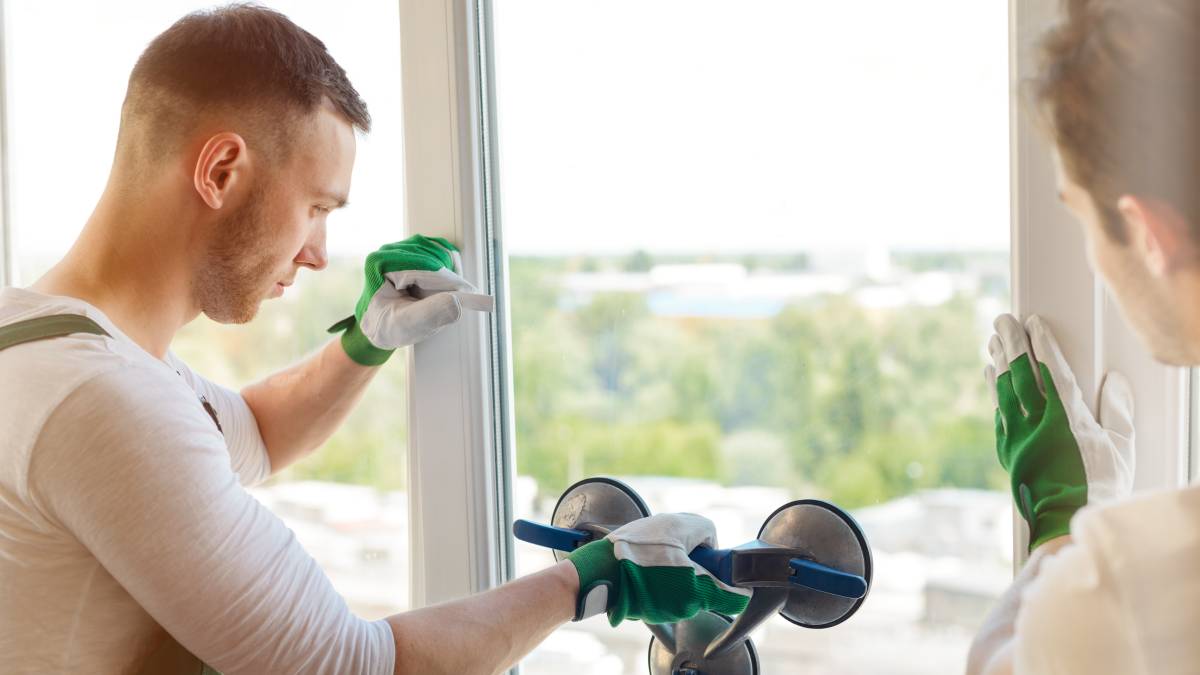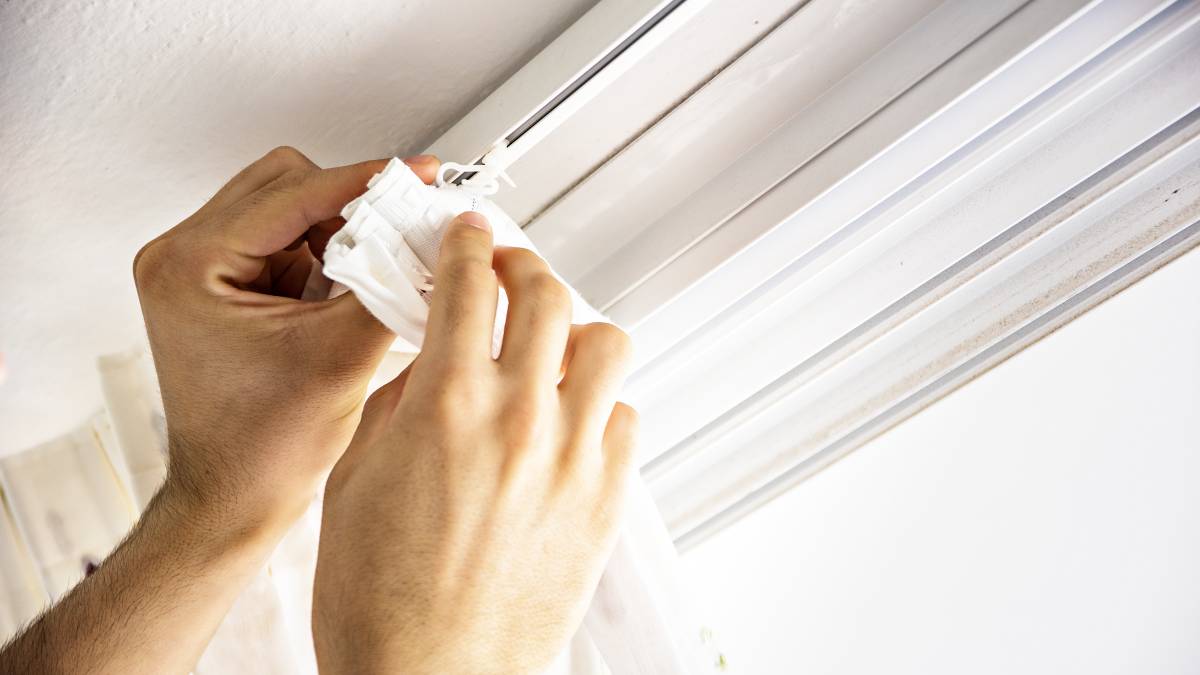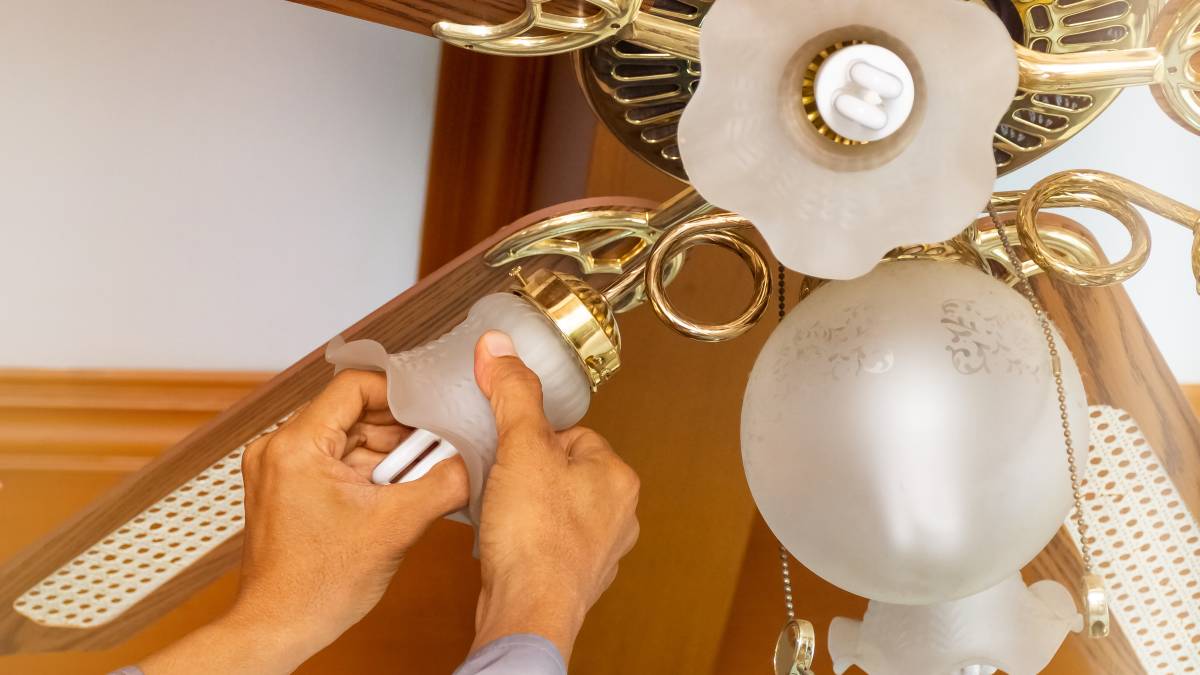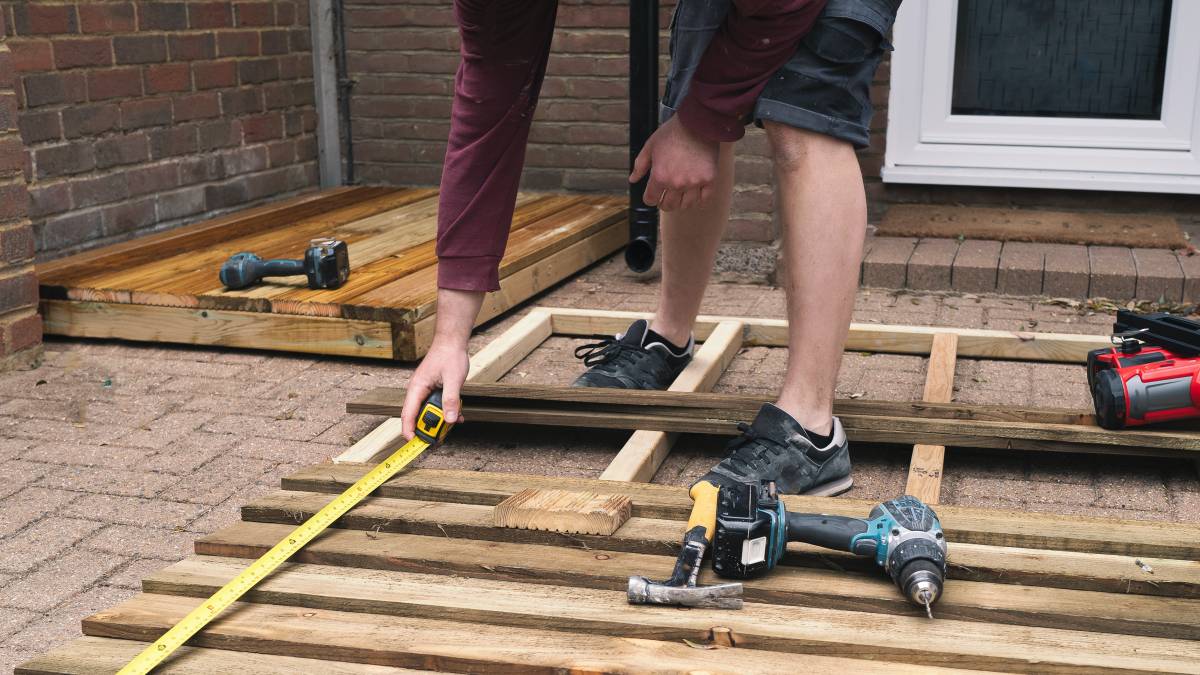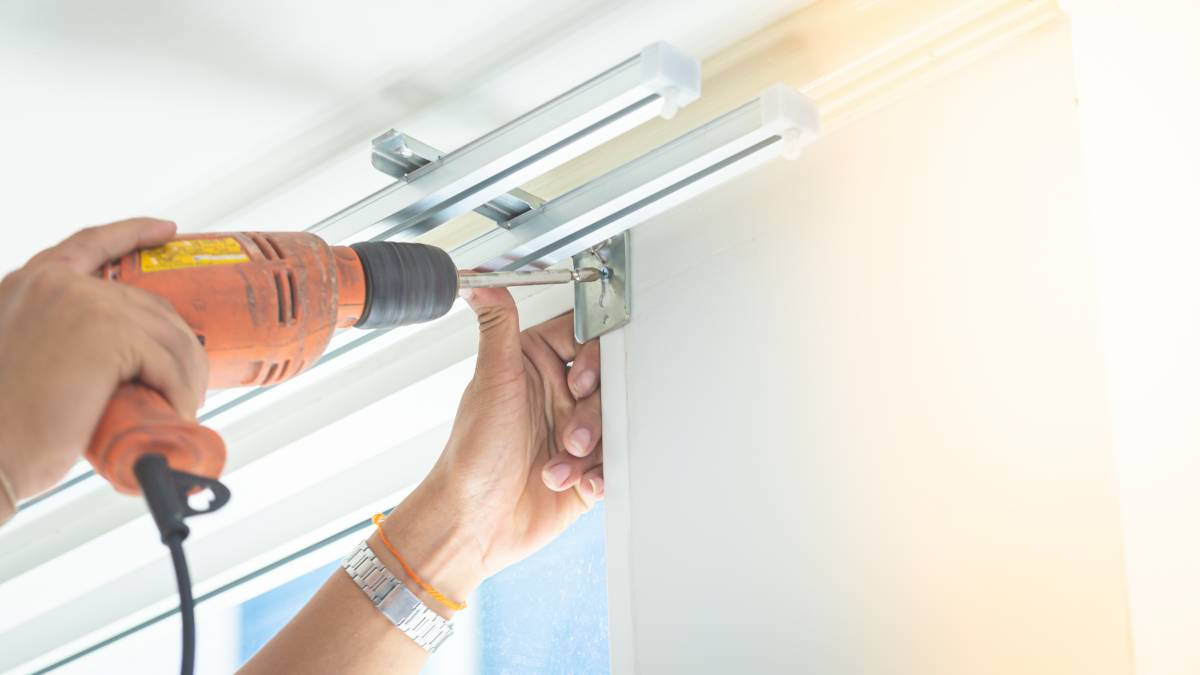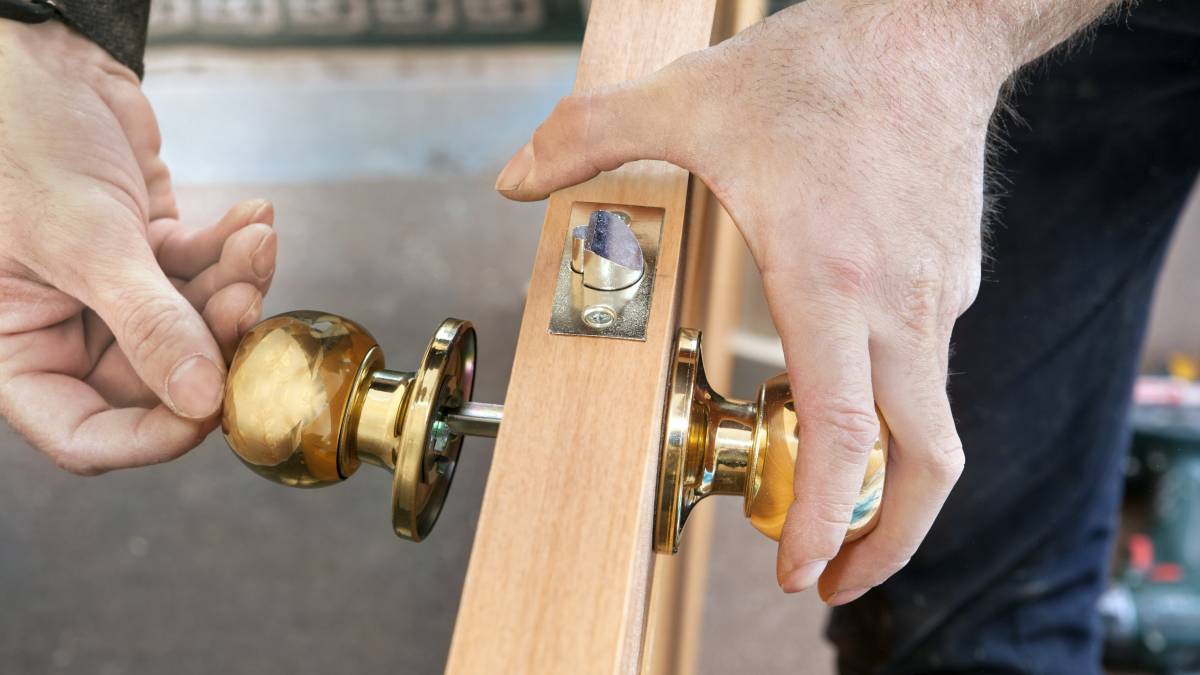- Home/
- Comparisons/
- Handyman/
- Foam Weather Stripping vs Vinyl
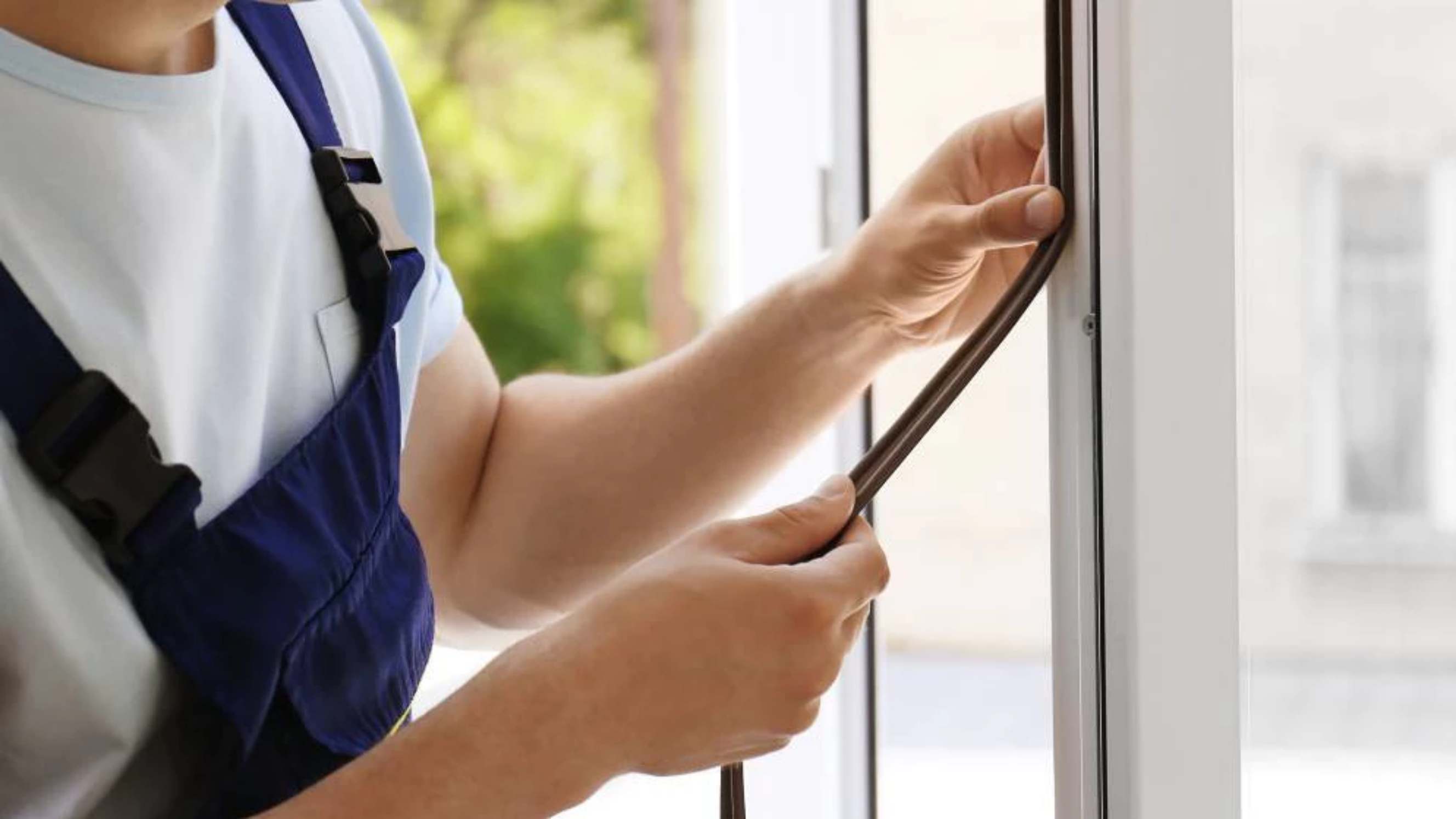
Foam weather stripping vs vinyl: Which is the better choice?
Comparing foam and vinyl weather stripping based on weather protection, insulation, installation, and more.
Hire a weather stripping installerPublished on
Key Facts
- Foam weather stripping uses foam tape to seal gaps around doors and windows. There are two types of foam tape: open-cell and closed-cell foam tape.
- Vinyl weather stripping uses rolled vinyl, V-strips, and reinforced strips to provide a durable sealing solution for doors and windows.
Insulation is essential to maintain a comfortable temperature indoors. One way you can ensure adequate insulation is by sealing the gaps around doors and windows through weather stripping.
Weather stripping prevents draughts and heat loss, helping keep indoors feel pleasant to lounge around. You can find various materials for weather stripping, but ultimately, you’ll have to come down to just one. To help you choose, here’s an in-depth comparison between the most popular weather stripping materials, foam weather stripping vs vinyl.
What is foam weather stripping?
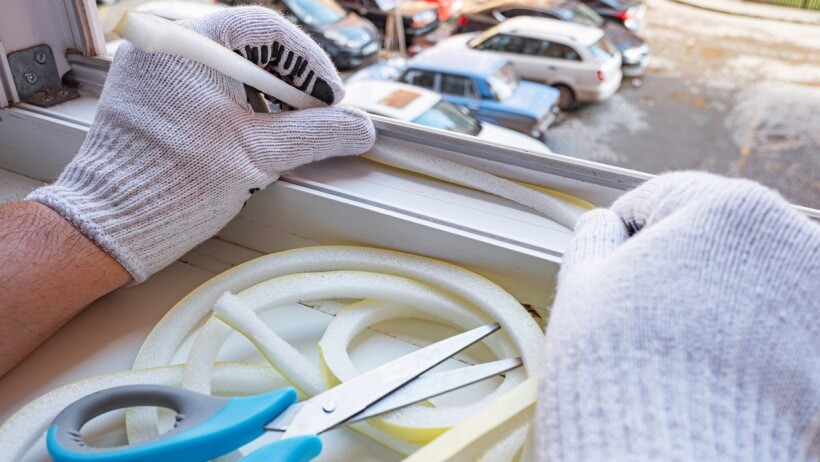
Foam weather stripping involves using foam tape to seal gaps around doors and windows. It conforms to irregular gaps and spaces because the foam material can return to its original shape and size after being compressed.
You can find many types of foam weather-stripping materials, including:
Open-cell foam tape - has a porous texture with good sound-proofing capabilities. It’s made of various materials such as felt and Polyurethane (PU).
Closed-cell foam tape - it’s denser and tougher, providing better protection against water and moisture. Some materials include neoprene, Ethylene Propylene Diene Monomer (EPDM) rubber, and Polyvinyl Chloride (PVC).
What is vinyl weather stripping?
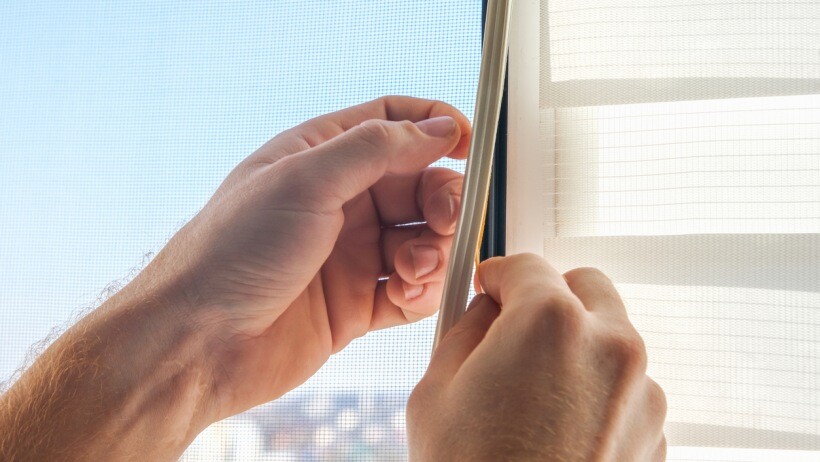
Vinyl weatherstripping involves using rolled vinyl, V-strips, and reinforced strips to provide a permanent rigid sealing solution. It’s known for its strength and durability, so it’s suitable for sealing areas that must withstand heavy use or exposure, such as exterior door seals.
Vinyl vs foam weather stripping: What is the better material for weather stripping?
It’s best to seek professional weather stripping services for proper application installation. However, it pays to know more about it. After all, the decision is still yours on which weather stripping you should use for your home.
In terms of weather protection
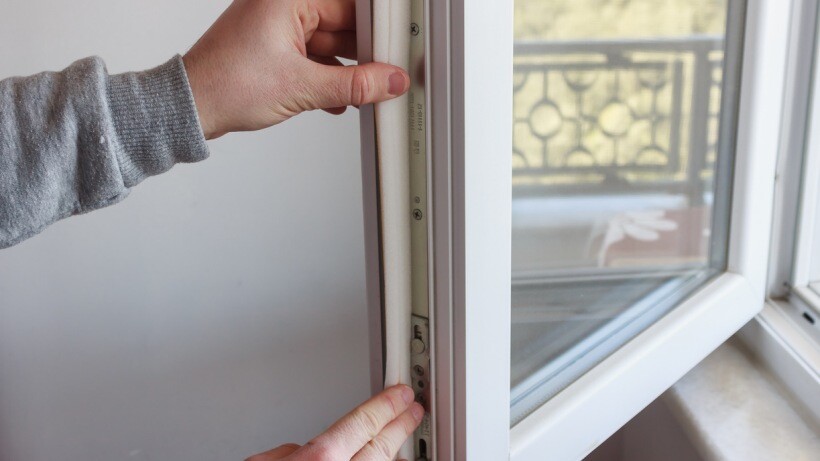
Vinyl weatherstripping provides excellent weather protection since vinyl has good moisture resistance, helping prevent condensation puddles in windows. Some vinyl weather strips for windows and doors even have UV-resistance properties.
On the other hand, foam degrades faster over time, so it doesn’t offer much protection against harsh weather conditions. But, if you only need a quick fix to improve insulation, foam weather stripping is a good choice as it can seal irregular gaps, helping absorb shocks and vibrations. You’ll find foam window seals especially useful in blocking the sound of thunder during heavy rainfalls.
In terms of insulation
You can use Polyurethane (PU) foam tape and window condensation strips to block draught and improve insulation. PU foam has a porous structure that can trap air and reduce heat transfer, helping prevent your air conditioning system from working too hard.
However, remember that foam tapes are less durable than rolled vinyl, so they only offer a short-term solution to draughts. For more reliable long-term insulation, choose vinyl weather stripping for doors and windows. Not only do they have high moisture resistance, but they also provide excellent performance in both hot and cold weather.
In terms of purpose and application
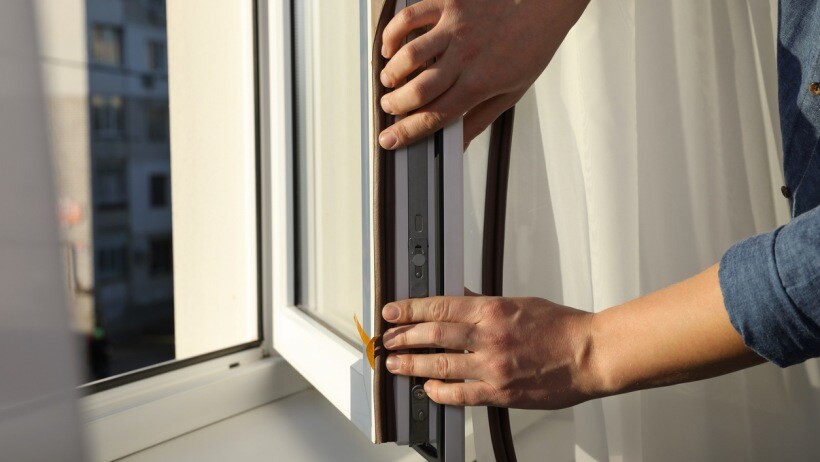
In terms of purpose and application, foam weather stripping is best for sealing irregularly shaped windows and doors, especially in older homes. This is because foam compresses and expands well, offering flexibility.
Plus, foam window seal tapes are available in different thicknesses and widths. So, whether you have to seal the area around your casement window stoppers or double-hung window rails, rest assured you can find one that will suit your weather-stripping needs.
Meanwhile, vinyl weather stripping is best for sealing exterior doors and windows since it’s durable and can withstand harsh weather conditions. Specific applications include vinyl 'V' strips to seal door jambs and window sashes.
In terms of installation
Installing weather stripping can take time and effort, especially for vinyl. To ensure that all the gaps in your doors and windows are properly sealed, hiring weather stripping services is the way to go.
But, for DIY installation, foam weather stripping is easier because foam tapes have an adhesive backing. You have to peel off the backing and press the foam into place. Plus, you only need a pair of scissors or a sharp knife to cut the foam. When using a foam door seal, just make sure that the surface is completely dry, clean, and grease-free for the adhesive to stick well.
Conversely, vinyl weather stripping has a more meticulous installation process. Your vinyl window weather strips should be correctly aligned to avoid gaps. Moreover, it requires more tools because aside from using a knife to cut your vinyl, you may also need a heat gun to ensure a proper seal.
In terms of aesthetics
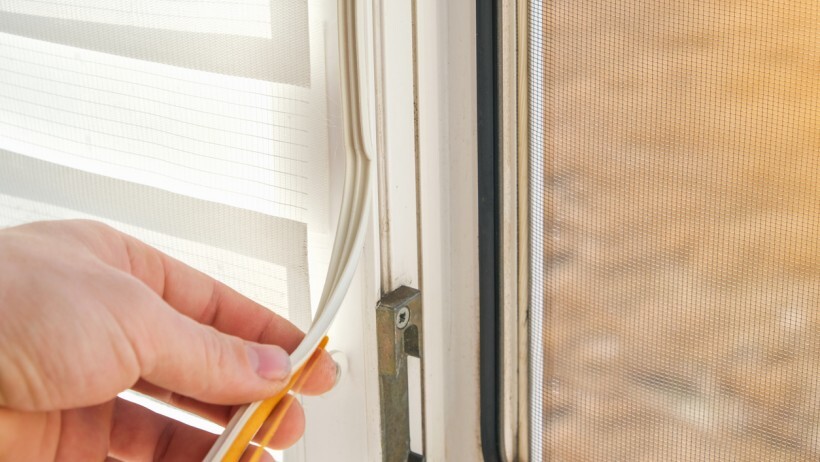
Although foam tape is available in different thicknesses and widths, it can still be more noticeable than vinyl because foam appears bulky when applied. You might also have difficulty blending foam tape into your existing decor because this weatherstripping material is only available in grey and white.
Meanwhile, vinyl weather stripping offers a sleek appearance. You can fit your vinyl strips to flush against the surface when weatherstripping doors for a more integrated look. Additionally, vinyl strips can be painted to match and blend with your decor.
In terms of cost
The total weather stripping cost for foam and vinyl depends on many factors, including the size of the gap you need to fill and the materials you need for the project.
For the materials, both foam tapes and vinyl strips are generally affordable, with £5 for 5 metres for vinyl strips and £11 for 2.5 metres for foam strips.
Moreover, you’ll also have to consider seal repair costs for your windows and doors, as your weather-stripping materials will likely degrade over time.
Get expert help with your weather stripping installation with Airtasker
Choosing between foam and vinyl is only one of the many things you must do to improve insulation in your home.
If you need to seal many doors and windows, consider hiring a professional handyman or weather stripping installer at Airtasker. They can tackle large, complex projects like weather stripping your entire house to ensure proper insulation and maintain energy efficiency. They can also recommend the correct weatherstripping method for speciality doors like French doors or Storm to help stop draughts.
Foam weather stripping vs vinyl
| Foam Weather Stripping |
Vinyl Weather Stripping |
|
| Weather Protection |
Provides less weather protection, as it degrades faster over time |
Provides better weather protection, as it’s more resistant to chemicals, acids, solvents |
| Insulation |
Offers short-term solutions to draughts |
Offers long-term insulation with high moisture resistance |
| Purpose and Application |
Best for irregularly shaped windows and doors |
Best for sealing door jambs, window sashes, and exterior doors and windows |
| Installation |
Easier installation with adhesive backing |
More complicated installation process; requires correct alignment |
| Aesthetics |
More noticeable, available in limited colours |
Offers sleek appearance, can be painted to match the decor |
| Cost |
Generally affordable, foam tape costs £11 for 2.5 metres |
Generally affordable; vinyl cost £5 for 5 metres |
FAQs on foam weather stripping and vinyl weather stripping
The best type of weather stripping depends on the type and location of your door or window, the size of the gap you need to seal, and your budget.
The best way to weatherproof windows depends on the condition of your windows, your budget, and climate. However, you may combine various methods such as installing weather stripping, applying sealant foam, using window films, and hanging insulated curtains to weatherproof windows.
Yes, because a window seal tape is made from durable, weather-resistant materials like foam, rubber, or silicone. However, it’s only effective in sealing small gaps around windows and doors, and they are only a temporary solution which requires replacement every year.
Related articles
Related price pages
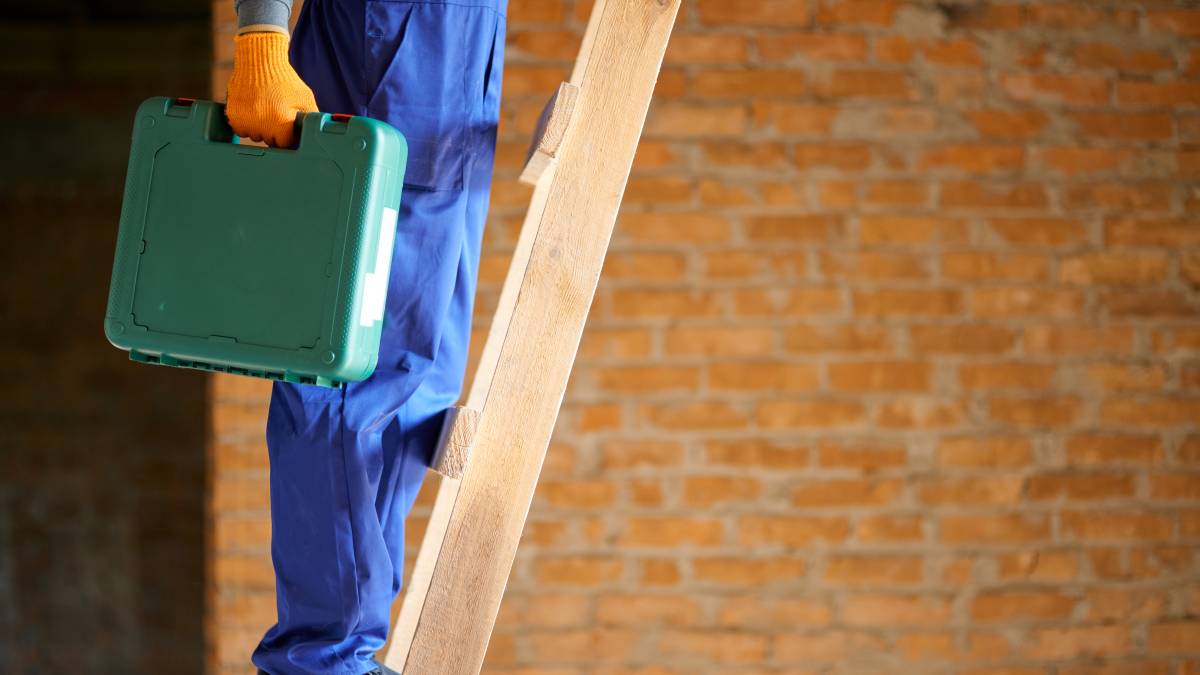
What are average handyman prices?
Read more
Find handyman, fast
Post a task

